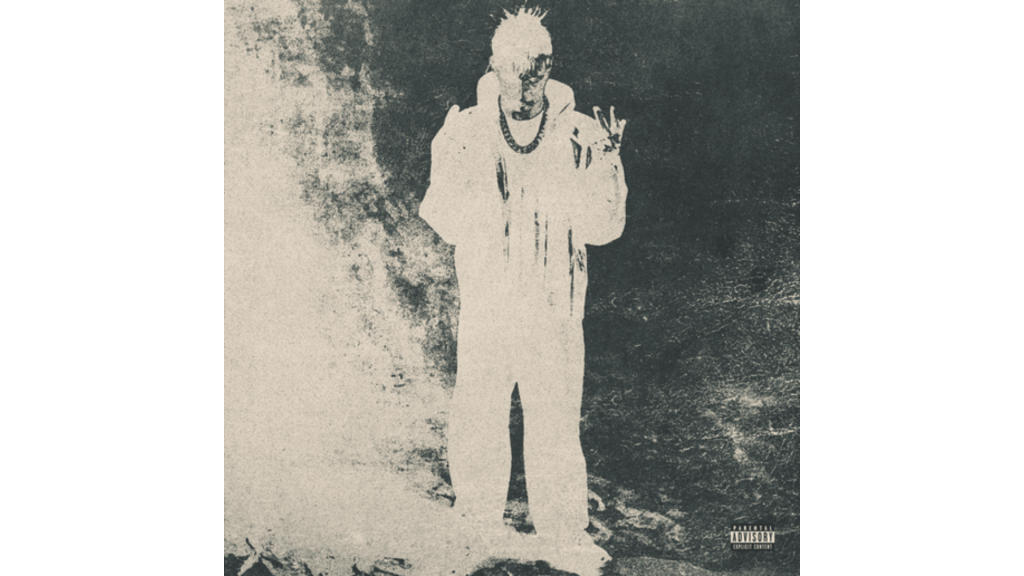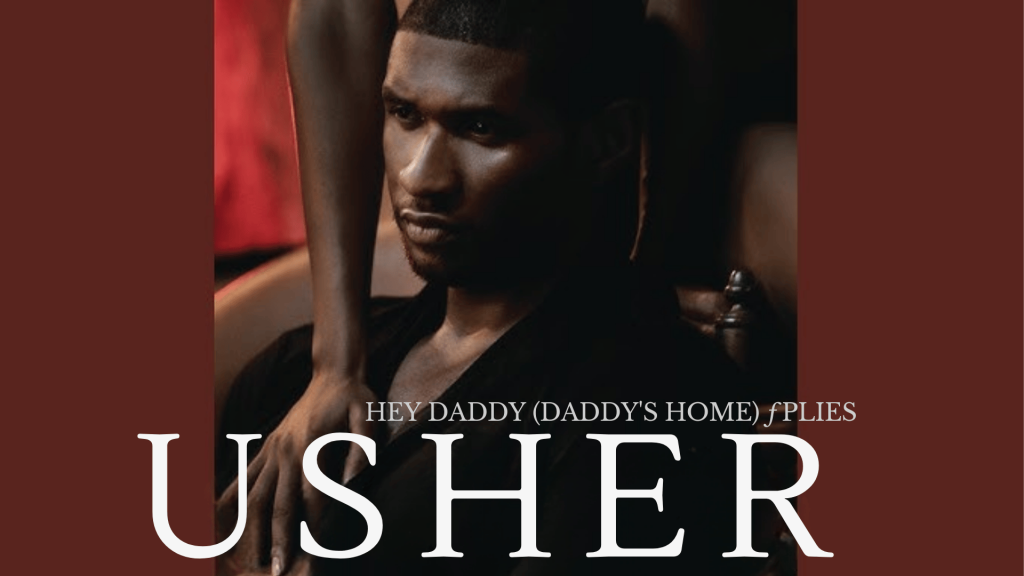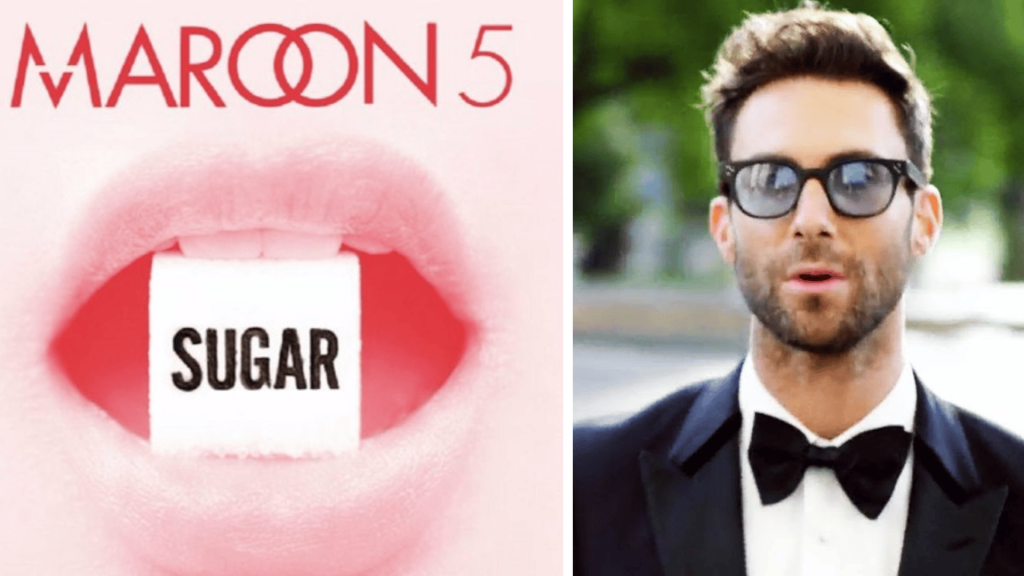Many music enthusiasts struggle to distinguish between male vocal ranges, often confusing tenors with baritones or basses with countertenors.
This lack of understanding can limit our appreciation of the rich diversity in men’s voices. But don’t worry – mastering the nuances of male vocal types is easier than you might think.
This article will guide you through the fascinating world of male vocal ranges, from the deep, resonant tones of bass singers to the soaring heights achieved by countertenors.
We’ll explore the unique characteristics of each voice type, discuss famous examples, and even touch on how singers can expand their range.
By the end, you’ll have a newfound appreciation for the incredible spectrum of male voices and be able to identify different vocal types confidently.
Importance of Vocal Range Classification

1. Fundamental Understanding
Vocal range classification offers a basic grasp of a singer’s capabilities. It provides insight into the notes a singer can comfortably reach and sustain, helping to define their vocal identity.
This understanding allows singers to work within their natural abilities while also identifying areas for growth.
2. Practical Applications
Knowing one’s vocal range is crucial for selecting appropriate songs and roles in musical performances. It ensures that singers choose pieces that showcase their strengths and avoid those that might strain their voices.
For example, a bass singer would typically avoid songs written for tenors, as they might struggle with the higher notes.
3. Developmental Guidance
Understanding vocal range helps singers focus on developing strengths and addressing weaknesses.
It allows for targeted vocal exercises and training, enabling singers to expand their range safely and effectively. Coaches can use this information to create personalized training plans that cater to each singer’s unique vocal profile.
Impact on Performance and Genre

1. Song Selection
A singer’s vocal range significantly influences their choice of songs.
Singers can deliver more confident and polished performances by selecting pieces that align with their range.
This doesn’t mean singers should limit themselves strictly to their comfort zone; rather, they should choose songs that primarily sit within their natural range while occasionally challenging their limits.
2. Genre Suitability
Different vocal ranges often lend themselves well to specific musical genres.
For instance, bass voices often excel in classical, opera, and certain types of jazz, while tenors might find themselves more at home in pop or rock music.
Understanding these connections can help singers find their niche and develop their unique style.
3. Live Performances
For live shows, understanding one’s vocal range is vital. It helps plan setlists that won’t exhaust the voice throughout a performance.
Singers can arrange songs to give their voices rest between more challenging pieces, ensuring consistent quality throughout the show.
This knowledge also aids in preparing for different performance environments, such as adjusting for acoustics or managing fatigue during longer sets.
Main Types of Male Vocal Ranges
Bass
The bass is the lowest of all male voice types.
Bass voices are known for their deep, rich, and resonant voices, often forming the foundation in choral and ensemble settings. Their profound depth and robust sound characterize them.
A typical bass range extends from E2 to E4. Singers are most comfortable in the lower part of their range, producing strong and resonant low notes.
5 Notable Singers with Bass Vocal Range
1. Barry White (September 12, 1944)
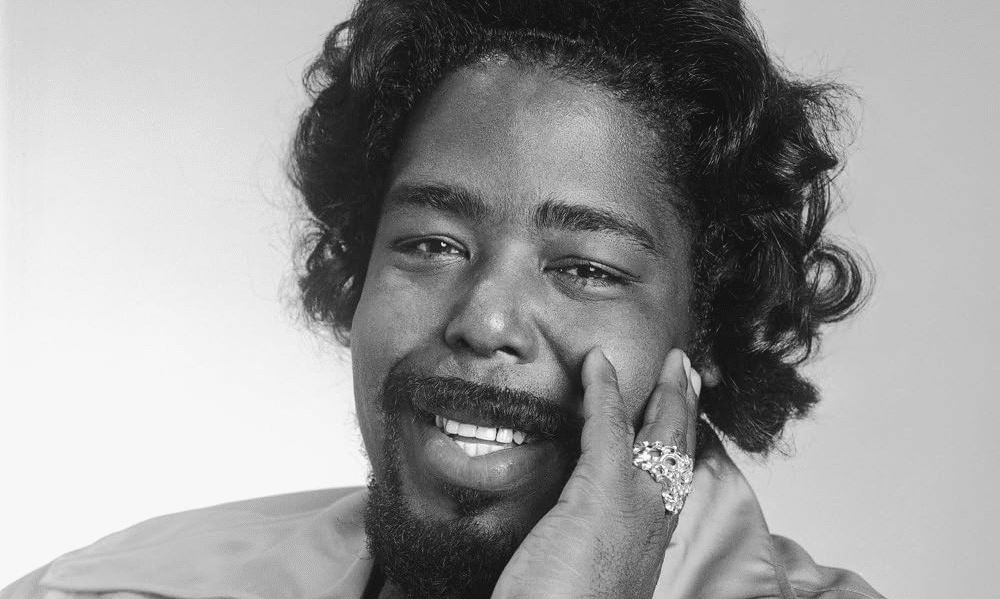
- He is an American singer, songwriter, and composer known for his distinctive deep voice and romantic songs. His lush orchestral arrangements and deep bass vocals made him a household name.
- His deep, velvety voice became synonymous with love ballads and sensual music, making him famous worldwide.
- His famous works are “Can’t Get Enough of Your Love, Babe” and “You’re the First, the Last, My Everything.”
2. Johnny Cash (February 26, 1932)
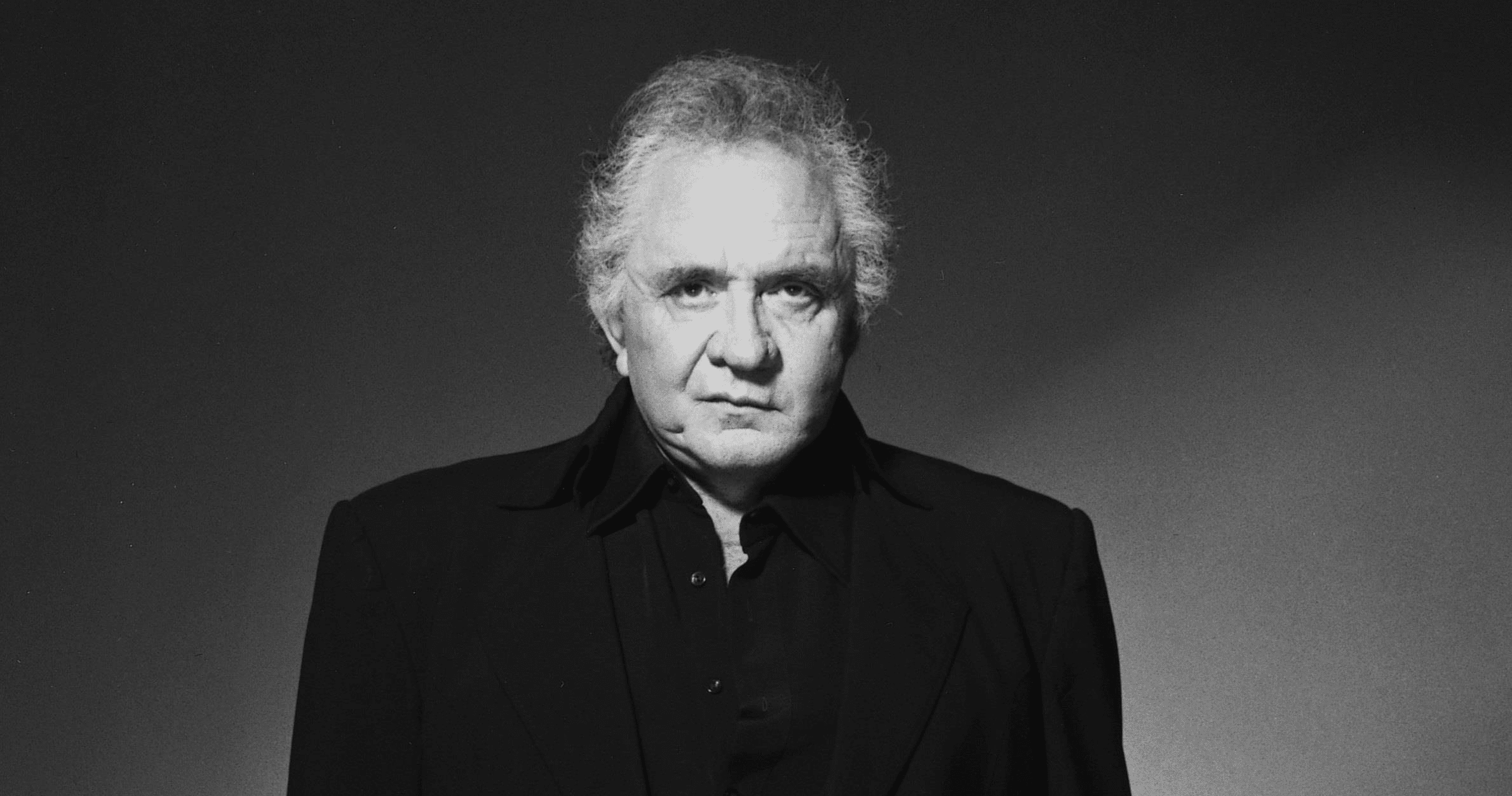
- An iconic American singer-songwriter and actor, he is known for his profound voice and influential music. His deep, calm bass-baritone voice is a signature feature of his style.
- His “boom-chicka-boom” sound and narrative songwriting style are well-known in the music industry.
- His popular songs are “Ring of Fire” and “Folsom Prison Blues.”
3. Tim Foust (July 19, 1981)
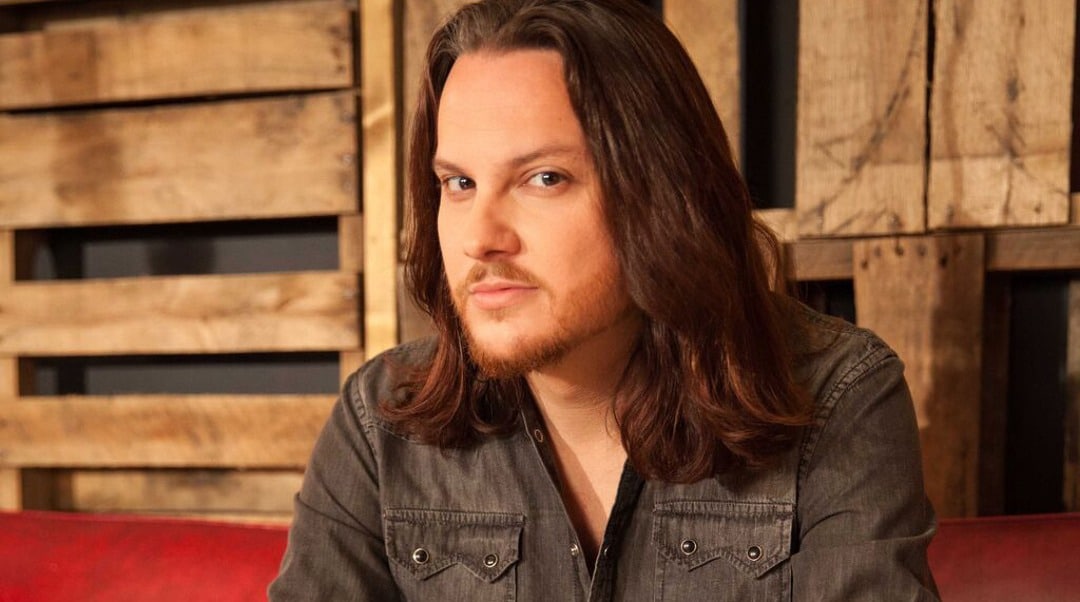
- He is an American singer and a member of the cappella group Home Free. He is known for his incredible bass range and versatility. His deep voice adds a unique dimension to the group’s sound.
- He is known for his ability to transition between different genres within cappella music seamlessly.
- His Notable Works are “Ring of Fire” (cover) and “Man of Constant Sorrow” (cover).
4. Paul Robeson (April 9, 1898)
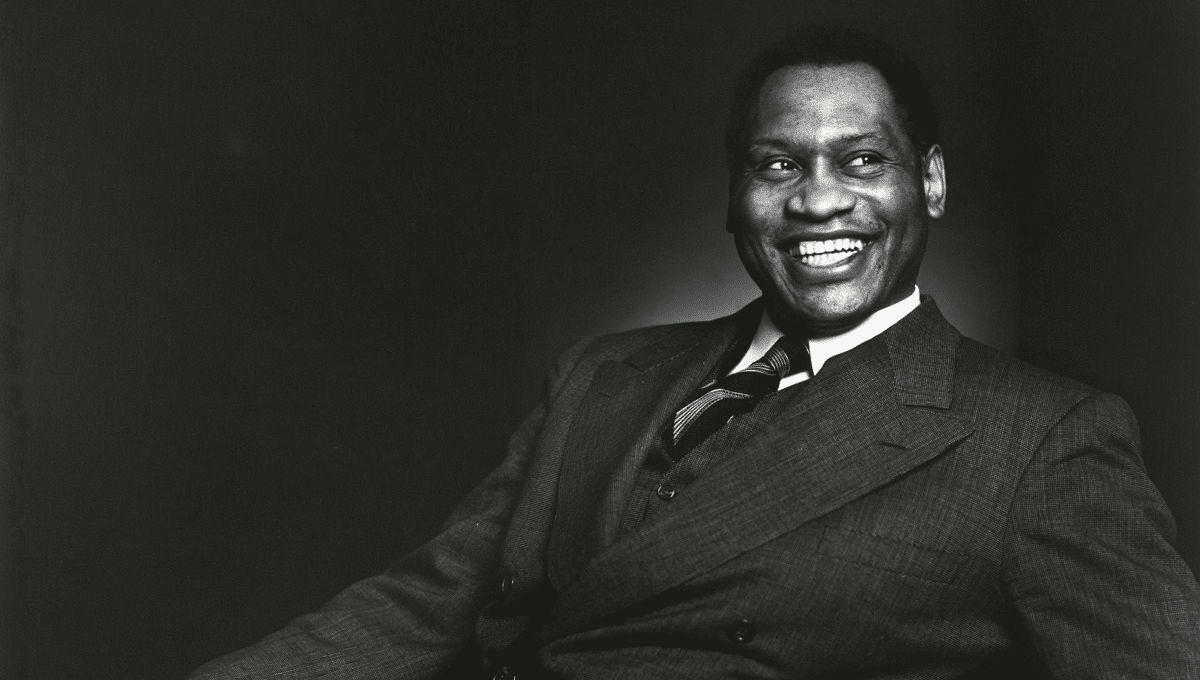
- He is an American bass-baritone concert artist and stage and film actor known for his deep voice and political activism. He was a prominent figure in the fight for civil rights.
- He used his artistic platform to fight for civil rights and social justice worldwide with strong political advocacy.
- His well-known works are “Ol’ Man River” and “Joe Hill.”
5. J.D. Sumner (November 19, 1924)
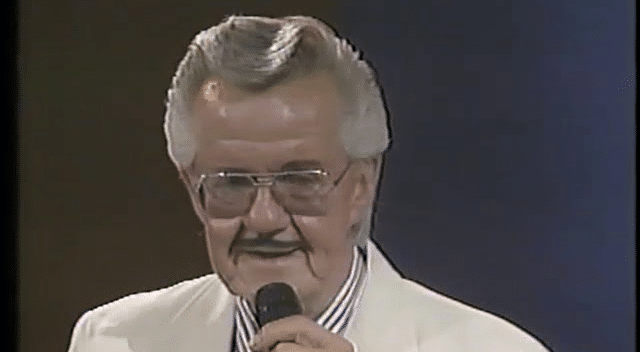
- He is an American singer known for his extremely deep bass voice and work with the Stamps Quartet and Elvis Presley. He held the Guinness World Record for the lowest bass note.
- He held the Guinness World Record for the lowest bass note produced by a human voice.
- Performed with Elvis Presley and sang various gospel songs.
Baritone
The baritone range sits between the bass and tenor ranges.
It’s known for its warm, rich, and full-bodied voice, making it versatile for various musical styles. Baritones have a robust middle range, suitable for multiple musical genres, from opera to contemporary music.
A typical baritone range spans from A2 to A4. They’re most comfortable in the mid-range, producing a balanced and warm tone.
5 Excellent Singers with Baritone Vocal Range
1. Frank Sinatra (December 12, 1915)
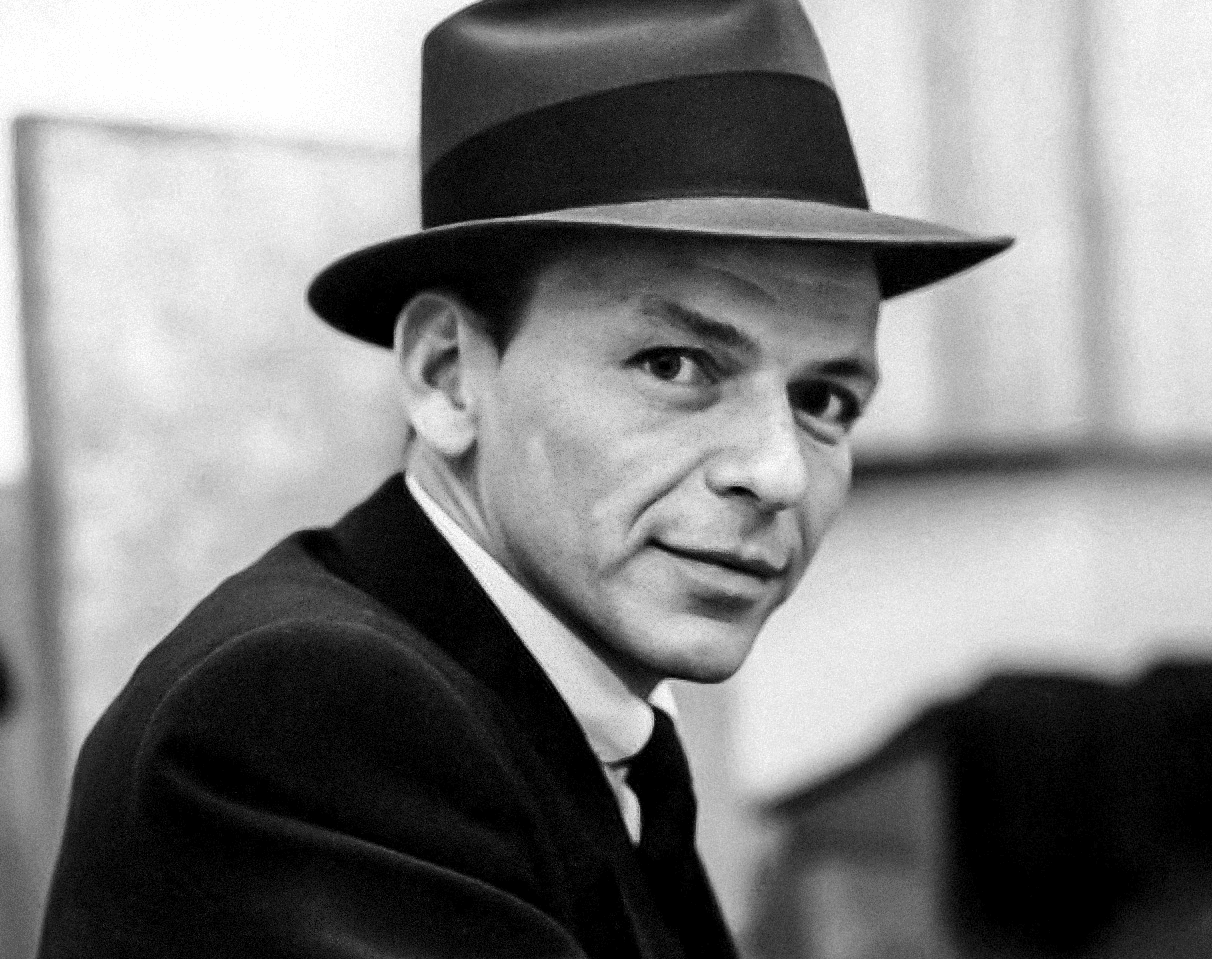
- An iconic American singer and actor known as one of the best-selling music artists ever.
- His Notable works are “My Way” and “New York, New York.”
- He revolutionized the music industry with his smooth, rich voice, impeccable phrasing, timing, and charismatic performances and became a cultural icon.
2. Elvis Presley (January 8, 1935)

- Known as the “King of Rock and Roll,” Elvis was a cultural icon and one of the most significant figures in popular music.
- His prominent works are “Suspicious Minds” and “Can’t Help Falling in Love.”
- His voice is equally adept at delivering rock, gospel, and ballads. He has influenced countless artists across various genres.
3. Freddie Mercury (September 5, 1946)
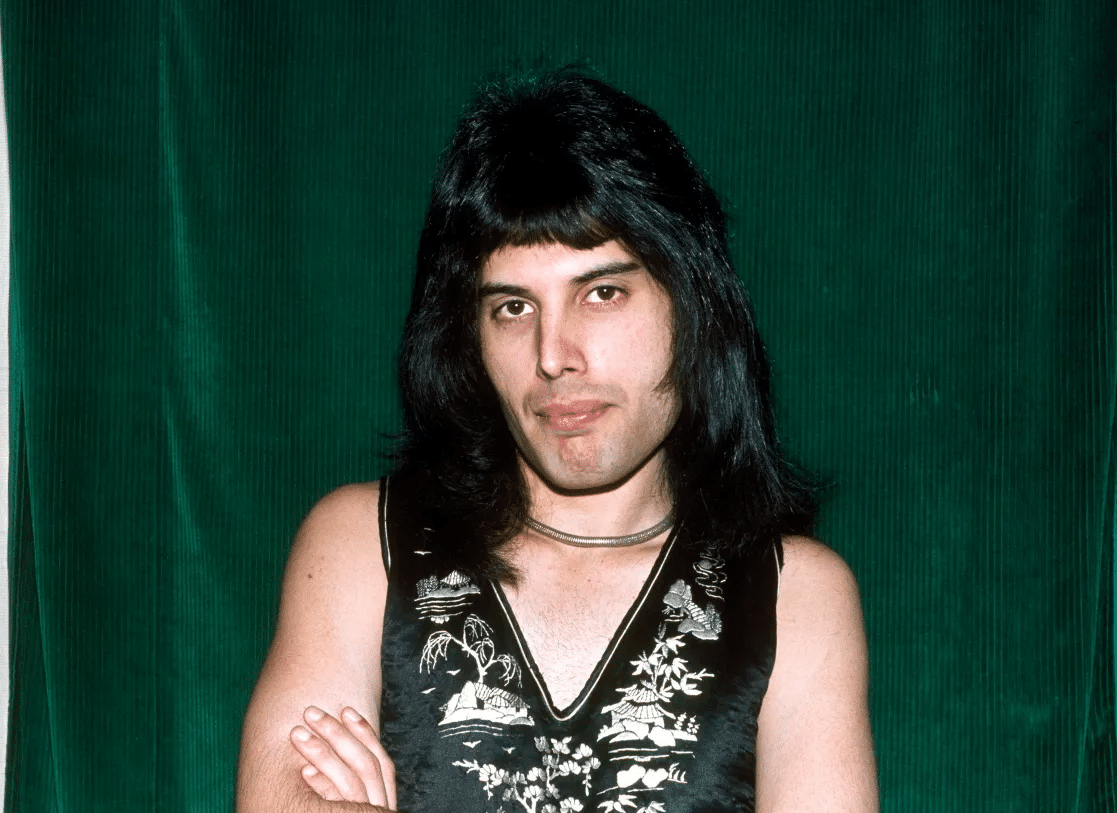
- The flamboyant frontman of the British rock band Queen is known for his powerful voice and dynamic stage presence.
- His leading works are “Bohemian Rhapsody” and “We Are the Champions.”
- His innovative musical style and stage presence redefined the role of a rock frontman.
4. David Bowie (January 8, 1947)

- He is an influential English singer, songwriter, and actor known for his eclectic musical style and alter egos.
- His outstanding works are “Space Oddity” and “Heroes.”
- He pioneered the glam rock movement and has a Chameleon-like ability to adapt his voice and consistently reinvent himself, influencing many artists.
5. Jim Morrison (December 8, 1943)
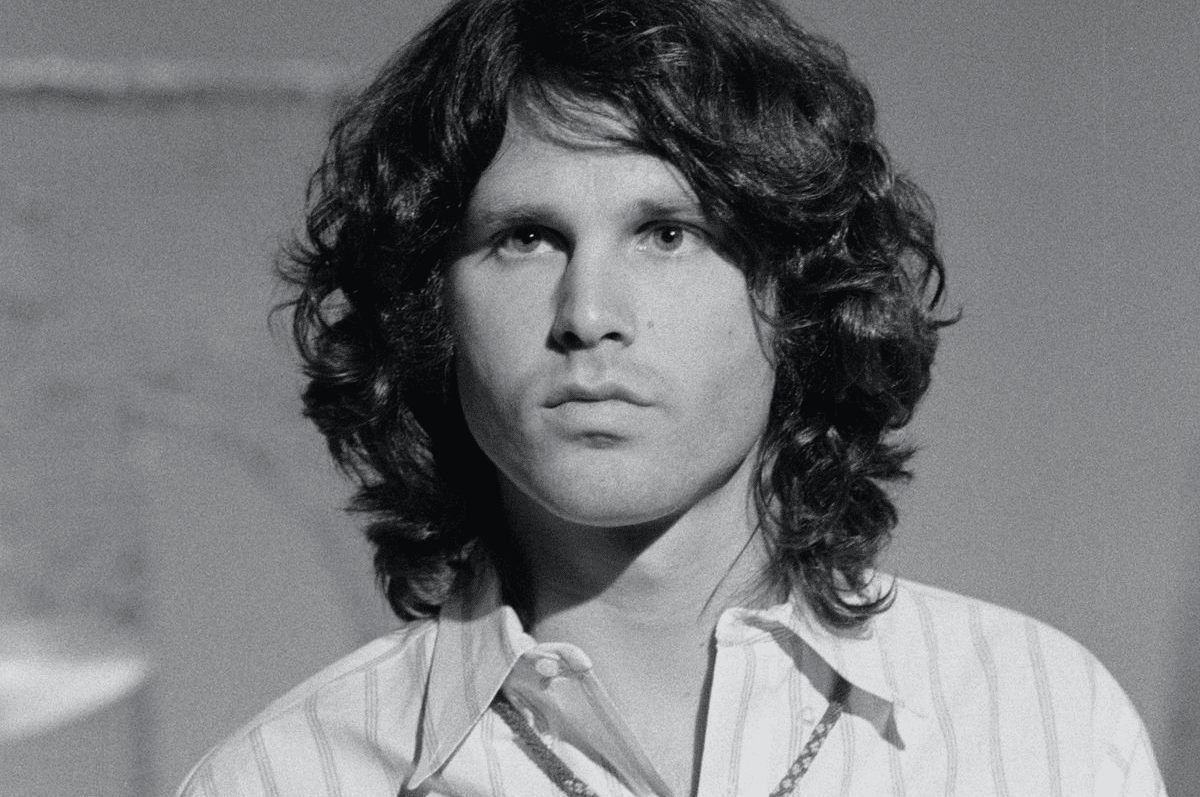
- The charismatic lead singer of The Doors is known for his deep voice and poetic lyrics.
- His noticeable works are”Light My Fire” and “Riders on the Storm.”
- It became a symbol of counterculture and rock rebellion in the 1960s and was known for its dark, brooding vocal tone with a hypnotic quality.
Tenor
Tenors are known for their high and powerful vocal range.
Due to their ability to hit high notes with clarity and strength, tenors often take lead roles in operatic and musical productions. Their bright, ringing tone is ideal for expressive and dynamic performances.
A typical tenor range extends from C3 to C5. They’re comfortable in higher registers and capable of sustained high notes without strain.
5 Famous Singers with Tenor Vocal Range
1. Luciano Pavarotti (October 12, 1935)
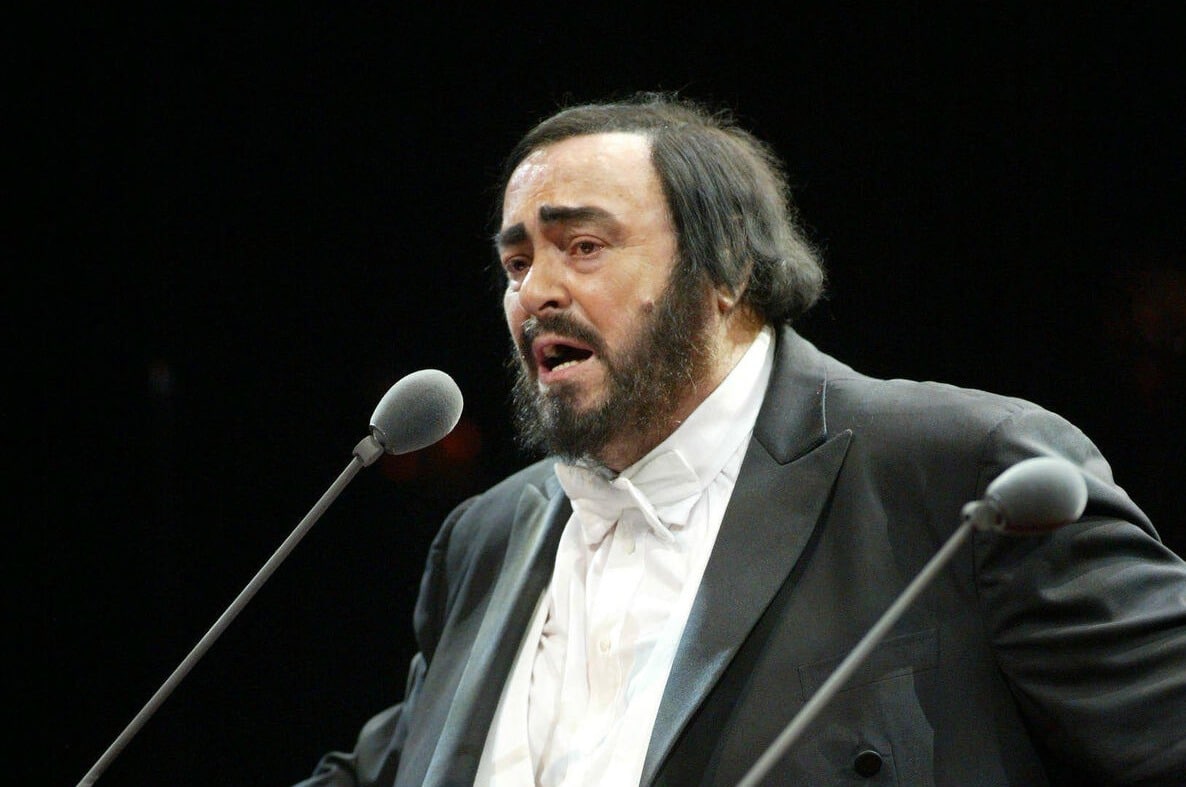
- Renowned Italian operatic tenor is known for his powerful and passionate performances.
- His Notable works are “Nessun Dorma,” and “La Donna è Mobile.”
- He popularised opera worldwide with exceptional clarity and brightness in his voice.
2. Freddie Mercury (September 5, 1946)
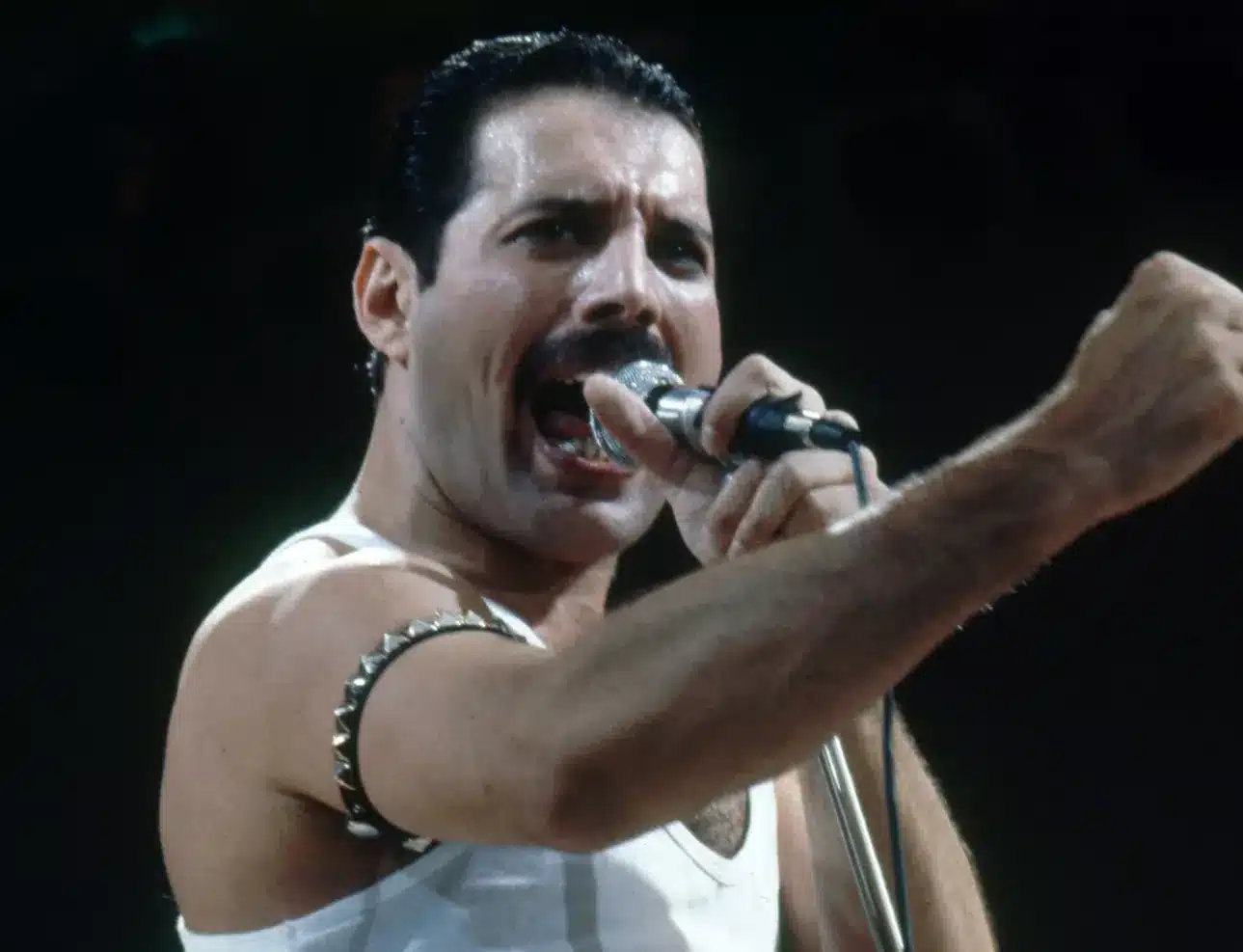
- The frontman of Queen was celebrated with his versatile and powerful voice.
- His great works are “Bohemian Rhapsody,” and “Somebody to Love.”
- Impact: Rock music legend with extraordinary vocal range and theatrical style.
3. Michael Jackson (August 29, 1958)
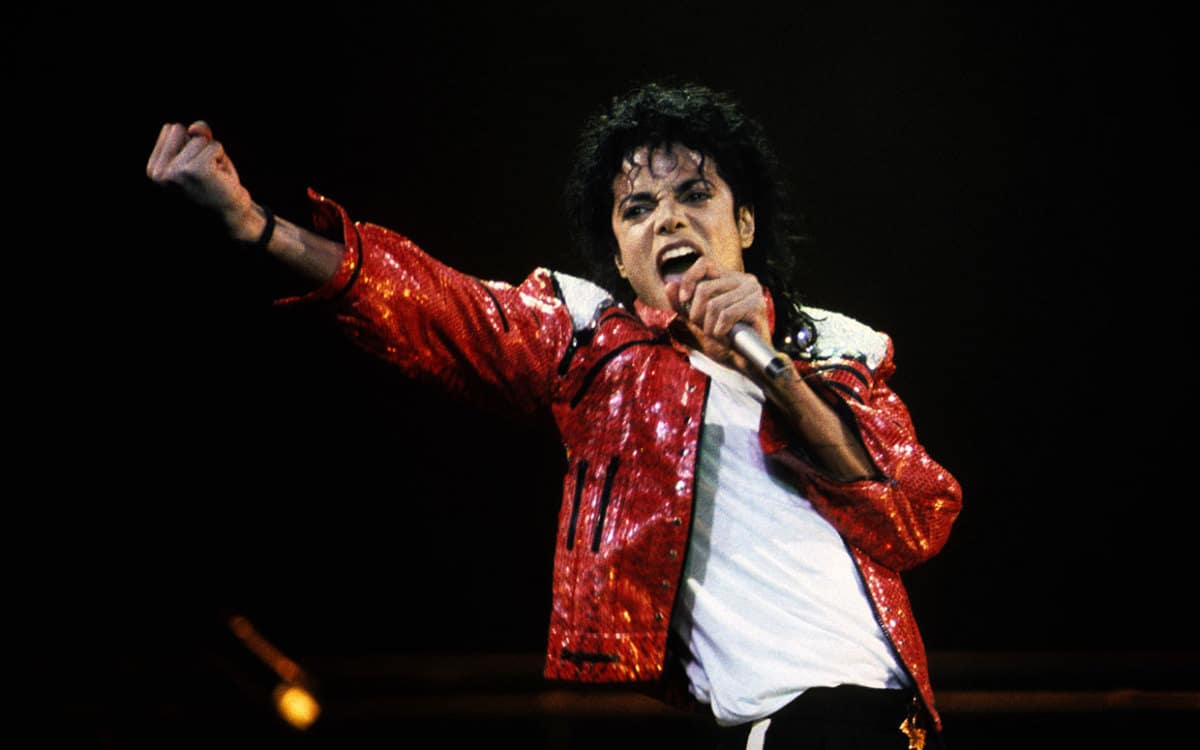
- Known as the “King of Pop,” he was an iconic performer with a distinctive voice.
- His excellent works are “Thriller” and “Billie Jean.
- Smooth, high tenor with incredible versatility, which Transformed pop music.
4. Stevie Wonder (May 13, 1950)
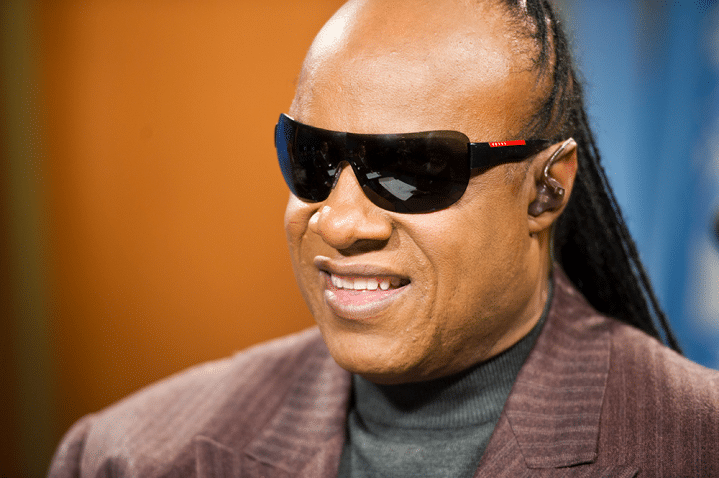
- American singer-songwriter and multi-instrumentalist known for his soulful voice.
- His remarkable works are “Superstition,” and “Isn’t She Lovely.”
- An innovator in R&B and pop with smooth, expressive tenor with a wide range.
5. Elton John (March 25, 1947)
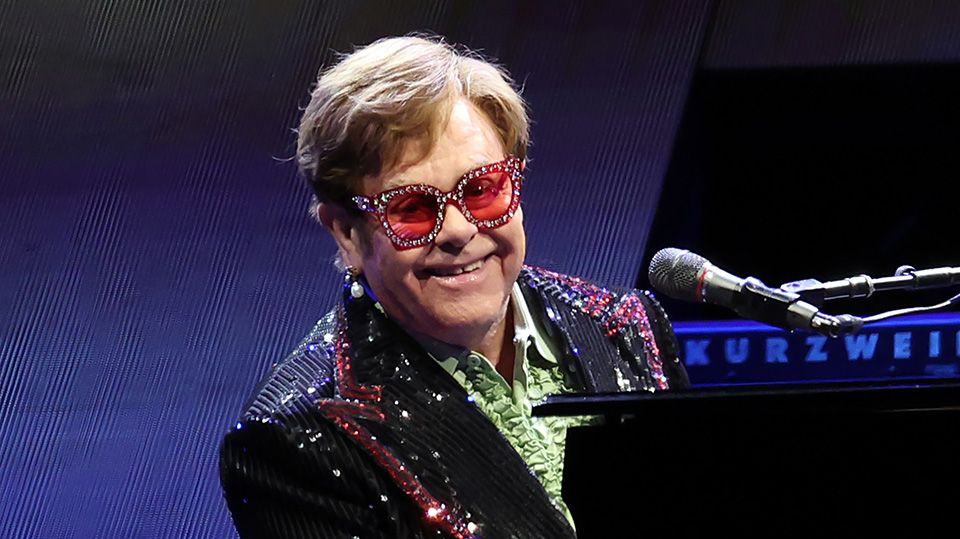
- British singer-songwriter and pianist known for his flamboyant performances.
- His noticeable works are “Rocket Man,” and “Your Song.”
- A pioneer in rock and pop and has a powerful tenor voice with distinctive timbre.
Countertenor
The countertenor is the highest male voice type, often singing in the alto or mezzo-soprano range using falsetto.
This voice type is unique and less common. Countertenors produce a light, ethereal sound often described as beautifully haunting.
A typical countertenor range is usually from G3 to F5. They’re comfortable in the higher registers, often blending seamlessly with female voices in choral settings.
5 Renowned Singers with Countertenor Vocal Range
1. Andreas Scholl (November 10, 1967)
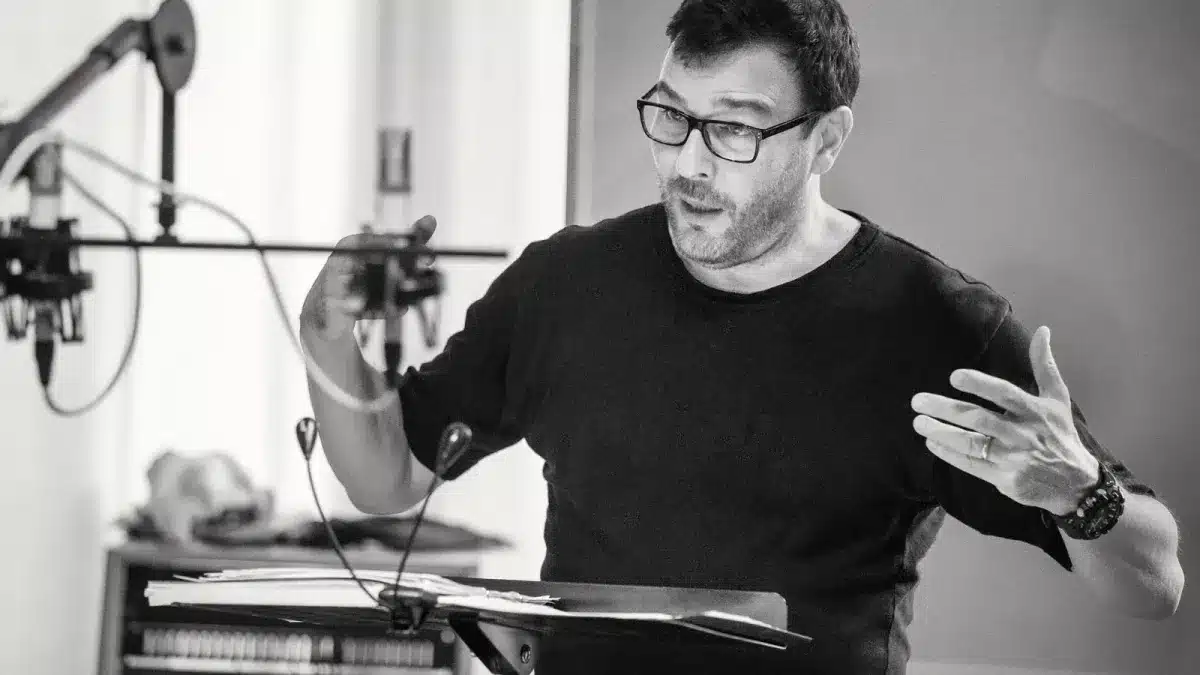
- German countertenor renowned for his baroque opera and concert performances.
- His Notable works are “Stabat Mater,” and “Ombra mai fu.”
- Exceptional control and purity in high-register performances and Leading figure in baroque music.
2. Philippe Jaroussky (February 13, 1978)
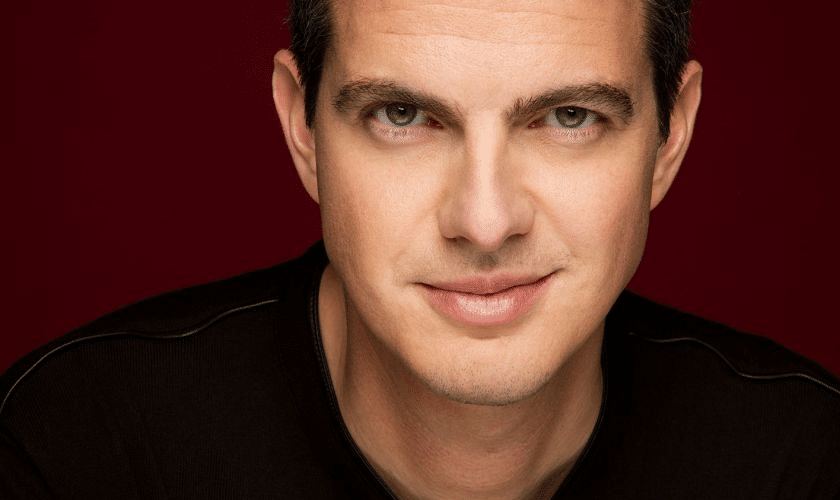
- Description: French countertenor celebrated for his versatile and expressive voice.
- His important works are “Vedrò con mio diletto,” and “Lascia ch’io pianga.”
- Renowned for baroque and contemporary music with smooth, agile voice of intricate vocal runs.
- Legacy: Expanded repertoire for countertenors.
3. David Daniels (March 12, 1966)
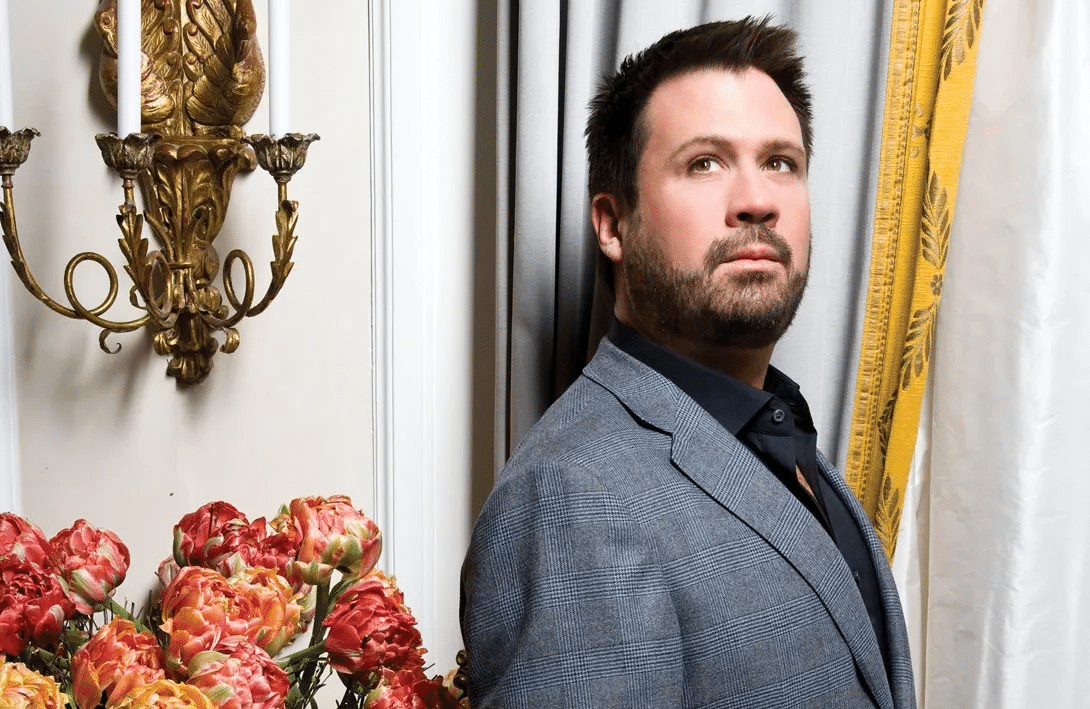
- American countertenor acclaimed for his opera and concert performances.
- His famous works are “Ombra mai fu,” and “Furibondo spira il vento.”
- A warm, expressive tone with a strong stage presence has been prominent in baroque and modern opera.
4. Alfred Deller (May 31, 1912)
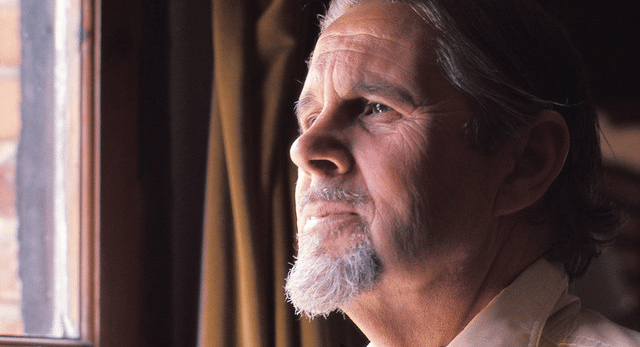
- Description: English countertenor and early music specialist.
- His great works are “Music for a While,” and “Come Again.”
- A pioneering figure in the revival of countertenor’s voice and has revived interest in Renaissance and baroque music.
5. Bejun Mehta (June 29, 1968)

- American countertenor known for his operatic and recital performances.
- His eminent works are “Aure, deh, per pietà,” and “Dove sei, amato bene?”
- He was acclaimed for both baroque and contemporary roles with powerful voice with exceptional emotional depth.
Techniques for Expanding Vocal Range
Vocal Exercises
Lip Trills: Blow air through closed lips to create a buzzing sound. This relaxes vocal cords and improves breath control without strain.
Sirens: Glide smoothly from lowest to highest note and back, connecting different vocal registers seamlessly.
Scales: Practice various scales to enhance pitch accuracy, control, and vocal cord flexibility. Start comfortably and gradually increase the range.
Proper breathing
Diaphragmatic Breathing: Breathe deeply into the diaphragm for better breath support, which is crucial for sustaining long phrases and powerful notes.
Breathing Exercises: Try “inhalation and controlled exhalation” to build breath control. Inhale deeply, hold briefly, then exhale slowly while controlling airflow.
Achieving Versatility in Your Vocal Range
Adaptation
Explore Different Genres: Practice various musical styles to adapt vocal techniques. Each genre may require different vocal qualities.
Dynamic Range: Work on varying voice loudness and softness to adapt to different genres and add expressiveness.
Balancing Range and Emotion
Emotional Expression: Use vibrato, dynamics, and phrasing to enhance emotional impact in performances.
Storytelling: Connect with lyrics and treat each song as a story. This ensures technical skills don’t overshadow emotional delivery.
Practice interpreting songs to find and deliver the emotional core authentically.
Conclusion
As we wrap up our exploration of male vocal ranges, it’s clear that the world of men’s voices is rich and diverse.
From the deep, resonant tones of bass singers to the soaring heights of countertenors, each voice type brings its unique color to the musical palette.
Understanding these ranges enhances our appreciation of music and empowers singers to develop their talents more effectively.
Whether you’re a budding vocalist or a music enthusiast, this knowledge opens up new ways to enjoy and engage with vocal performances.
Remember, while natural vocal range is important, proper training and technique can significantly expand a singer’s capabilities.
So, next time you listen to your favorite male vocalist, try to identify their voice type. Better yet, if you’re a singer, why not explore exercises to expand your range?











